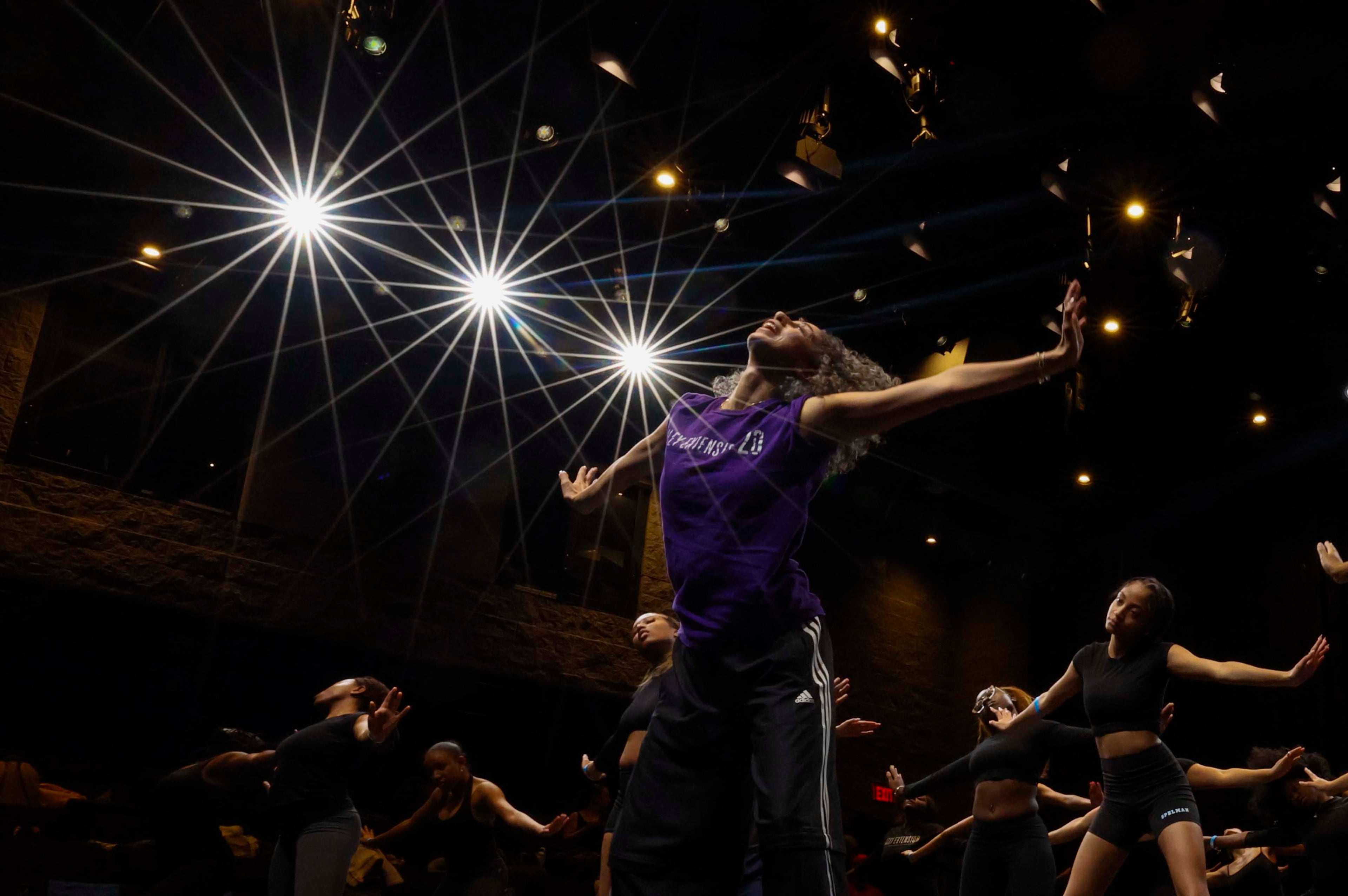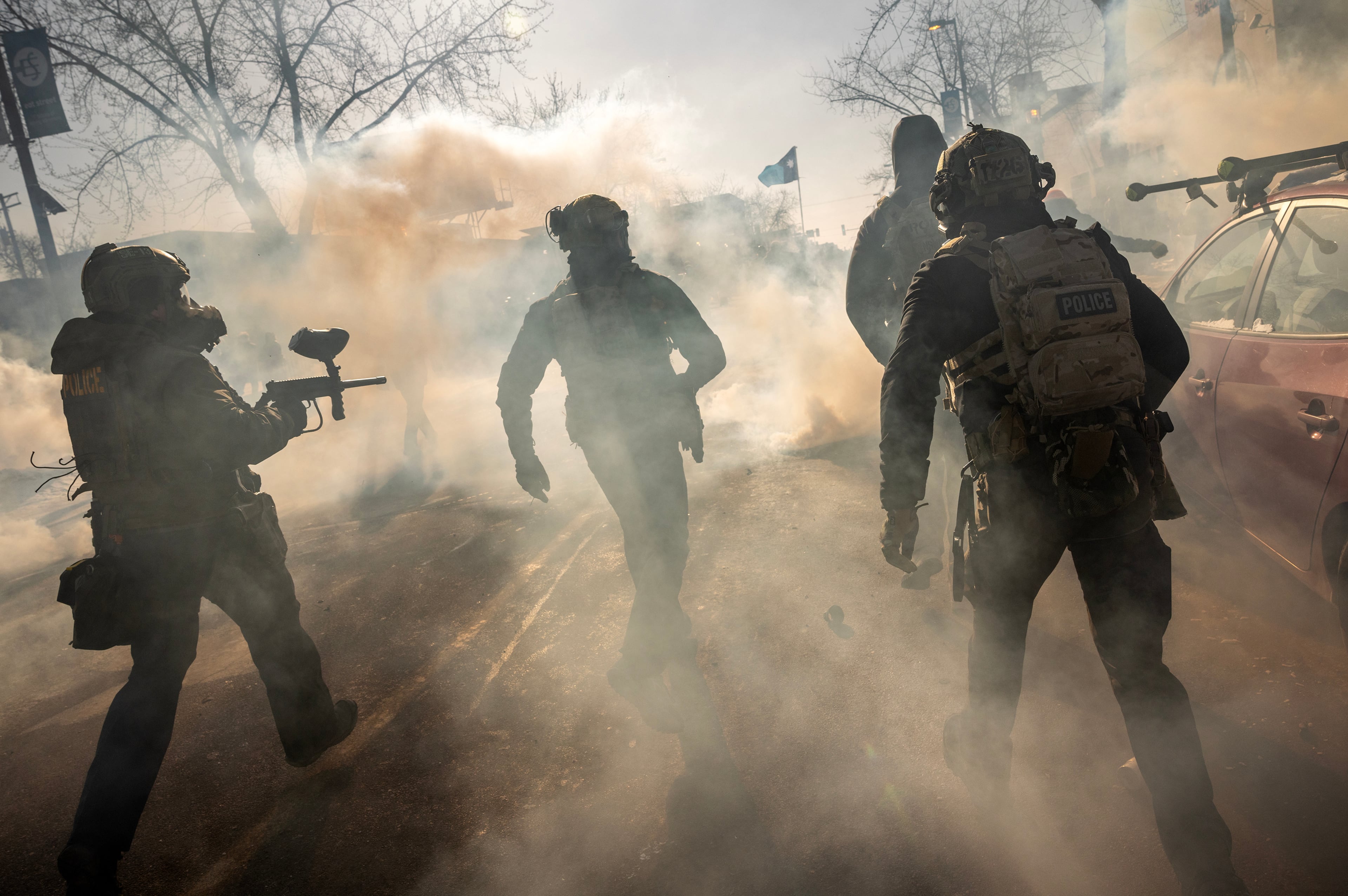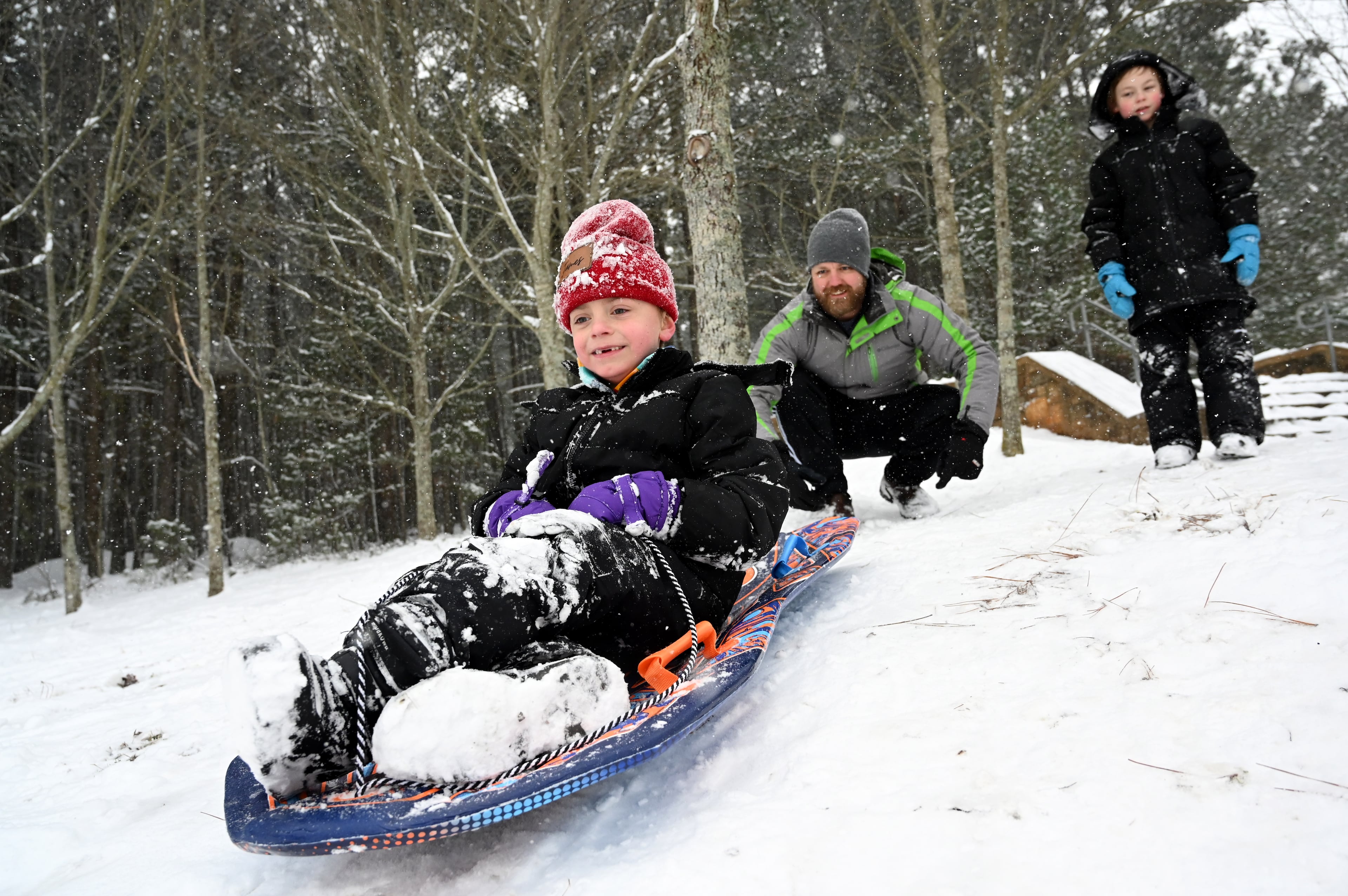OPINION: Four years after COVID became real, the world’s more divided

Four years ago today, the world was altered: the reality of COVID sank in.
On Wednesday, March 11, 2020, I was in a crowded room at Atlanta City Hall listening to debates over slowing down traffic. The meeting went for an hour before the airport general manager was asked about how he was dealing with the new disease then largely called “the coronavirus.”
People listened with mixed interest. We’d heard it before. Alarms over other new diseases, like the West Nile virus or the bird flu, had appeared but life overall barely shrugged.
So, what occurred that day to change the emerging disease from a prospective threat to an omnipresent danger?
The World Health Organization declared COVID-19 a pandemic. The stock market continued to plummet. The NBA suspended its season. The NCAA announced the Final Four, set for Atlanta, would be played without a crowd. President Donald Trump partially shut the door on Europe. And then Tom Hanks, America’s kindly uncle, and his wife, Rita Wilson, tested positive for the disease.
Almost immediately, people were either working from home, unemployed or forced to head into jobs that could sicken or kill them.
Terms like “shelter in place,” “flatten the curve” and “new normal” were part of the lexicon. And we were wiping down our groceries and trying to get Zoom to work.

Streets, schools and businesses emptied, and the world took on a dystopian, end-of-world horror flick.
It’s ironic. Before the pandemic, American society was deeply divided, and I remembered thinking it would take an existential crisis, like a plague or alien invasion, to bring people together. Well, one arrived, but it soon divided us even further.
The AJC’s front page that day carried a story saying there were 17 “confirmed and presumed cases” in Georgia. It also had a picture of President Trump and a story about Joe Biden winning the Democratic primary in Michigan. The 2020 election was shaping up to be a bitter, heavily contested epic between two old men with the future of the nation in the balance.
Boy, has life ever changed since then. Not!
On that March day, Joey Camp, a 30-year-old Waffle House cook and Afghanistan war veteran, was settling into a trailer camp set up by the state to isolate COVID patients at Hard Labor Creek State Park, 50 miles east of Atlanta.
Days earlier, the North Georgia man went to the ER with what seemed to be pneumonia and was admitted.
“The next day, that all changed,” Camp recalled this week. “I had bio-hazard signs at the door.”
Soon, he was in a van headed to what he calls “COVID camp,” where “I was cordoned off and surrounded by Georgia State Patrol. I couldn’t leave and no one could come.”
Camp spent the days by reading and watching Star Wars movies. Medical minders left food for him outside his door.

“The whole experience was like ‘28 Days Later,’ " he said of a movie where a man in a coma wakes up to a post-apocalyptic world decimated by a virus.
After almost a week of containment, he was discharged, telling the AJC, “I can start making a paycheck again.”
That was not to be. Waffle House severely cut back his hours, and the party bus that he drove had stopped rolling. He, like the hero of “28 Days Later,” emerged into a new world.
I called Dr. Carlos del Rio, an Emory University professor of infectious diseases who became an assuring voice at the pandemic’s outset.
“There were people in a desperate need for information,” he told me.
As the month of March ended, del Rio famously urged an “Erase April,” where everyone who could do so stay home to kill the spread of disease. That obviously did not happen. Since then, nearly 1.2 million Americans have died from COVID, according to the CDC.
That toll is much worse than the 60,000 dead that Anthony Fauci estimated in early April 2020. Others worried a mortality rate of 2% or 3% (which was kicked around at the time) could claim millions of lives in the U.S.
“I wasn’t right all the time; we didn’t have all the information,” del Rio says. “We were learning. People saw how the sausage was being made. ... People were trying to navigate very rough waters. Even when (doctors or scientists) said the wrong thing, they quickly corrected it.”

Today, del Rio says, “We are in a much better place” between the vaccines, anti-viral drugs and people’s immunity from having contracted the disease.”
He’s proud of Emory’s research role in getting vaccines to the public.
COVID, of course, has provided fuel to the social and political battlefield that America has become. Close businesses or not? Virtual learning in schools or not? Get vaccinated or not? Mask up or... you get the picture.
Not long after his release from COVID isolation, Camp told the AJC, “I don’t agree with shutting down our economy. I agree with commonsense social distancing.”
He was deluged with hate mail.
Before COVID, “We needed something to come together. But this has made us more divided. It’s crazy,” he said. “You had to pick a side, all or none. That’s not right.”



